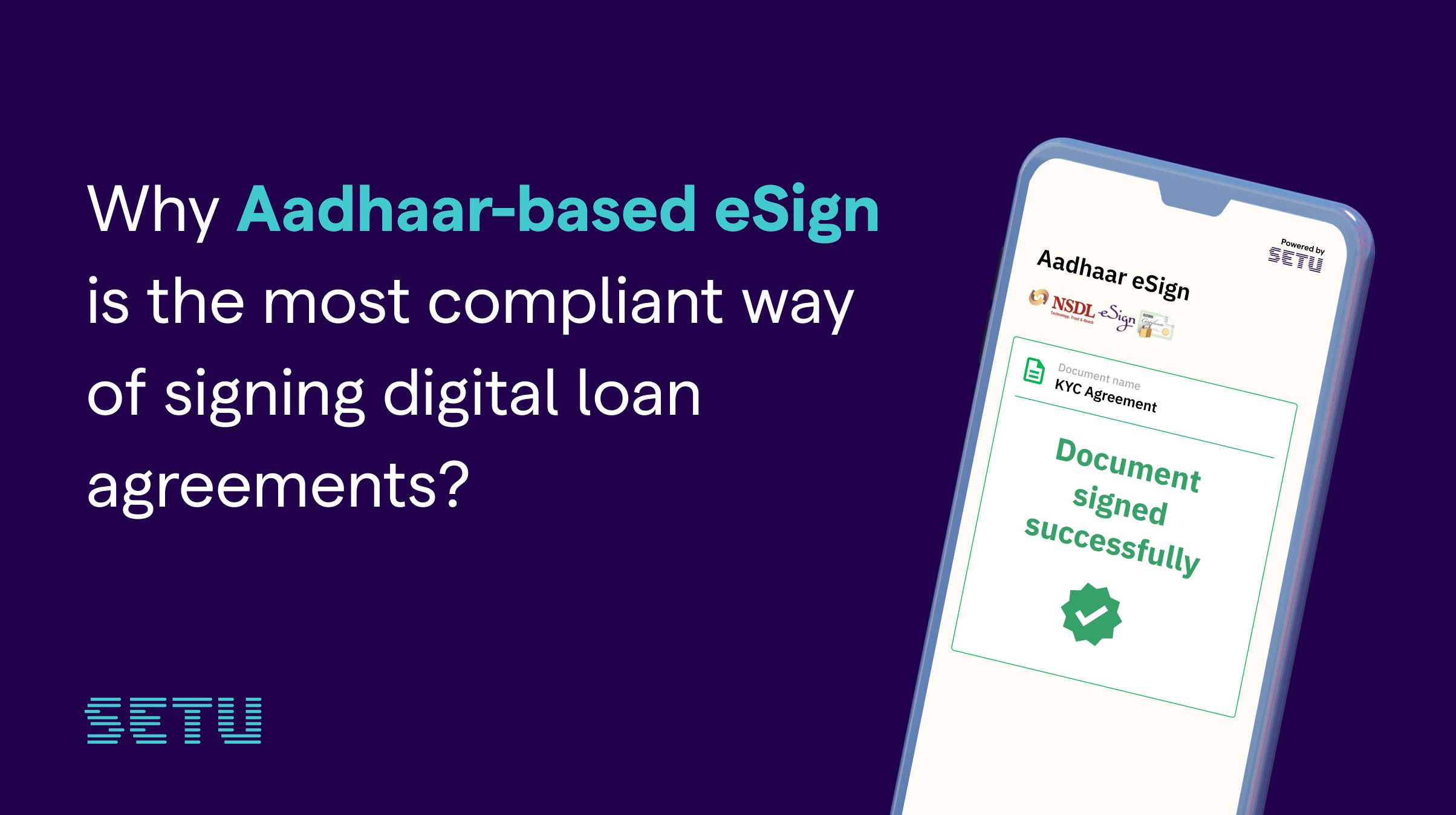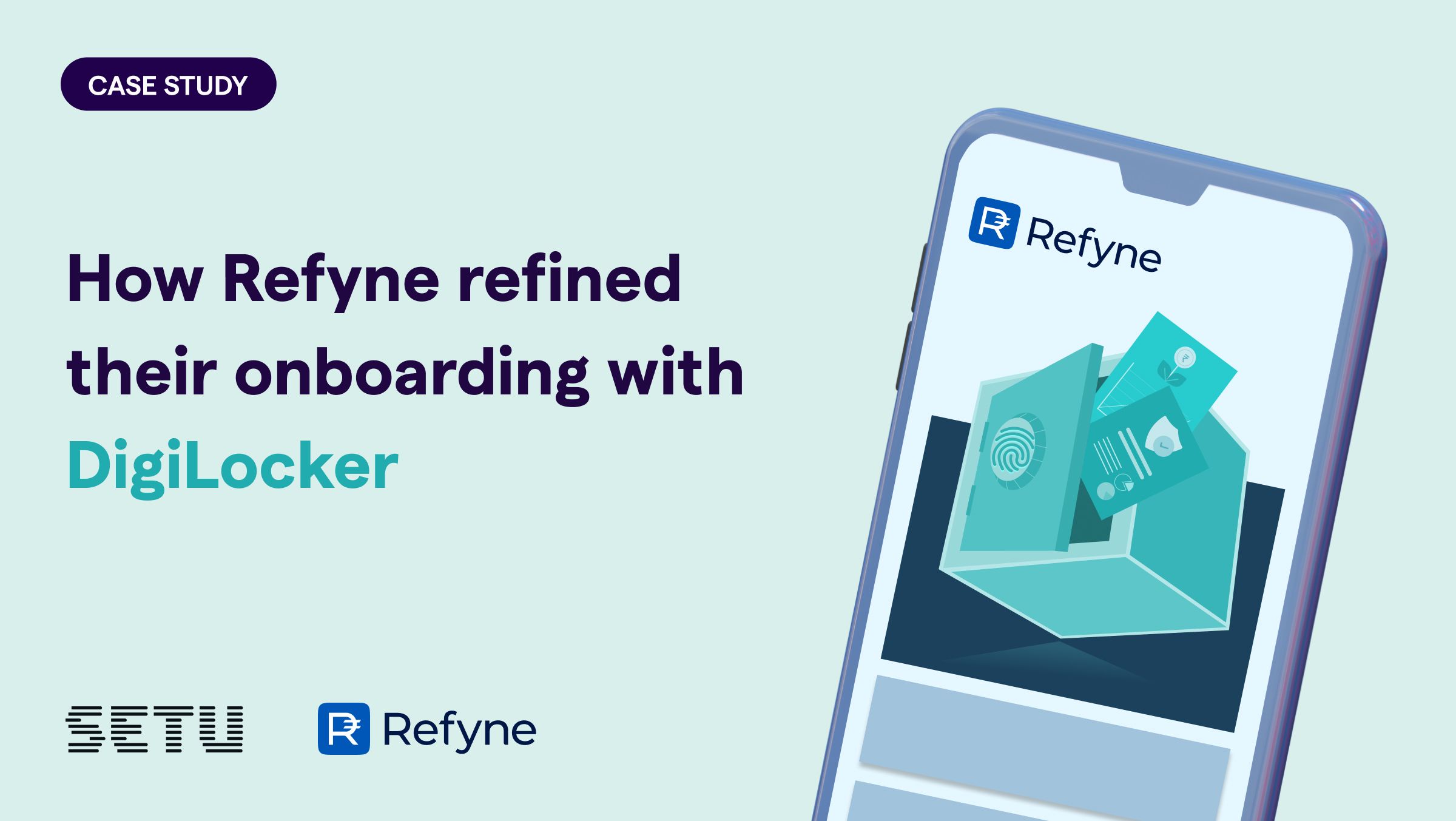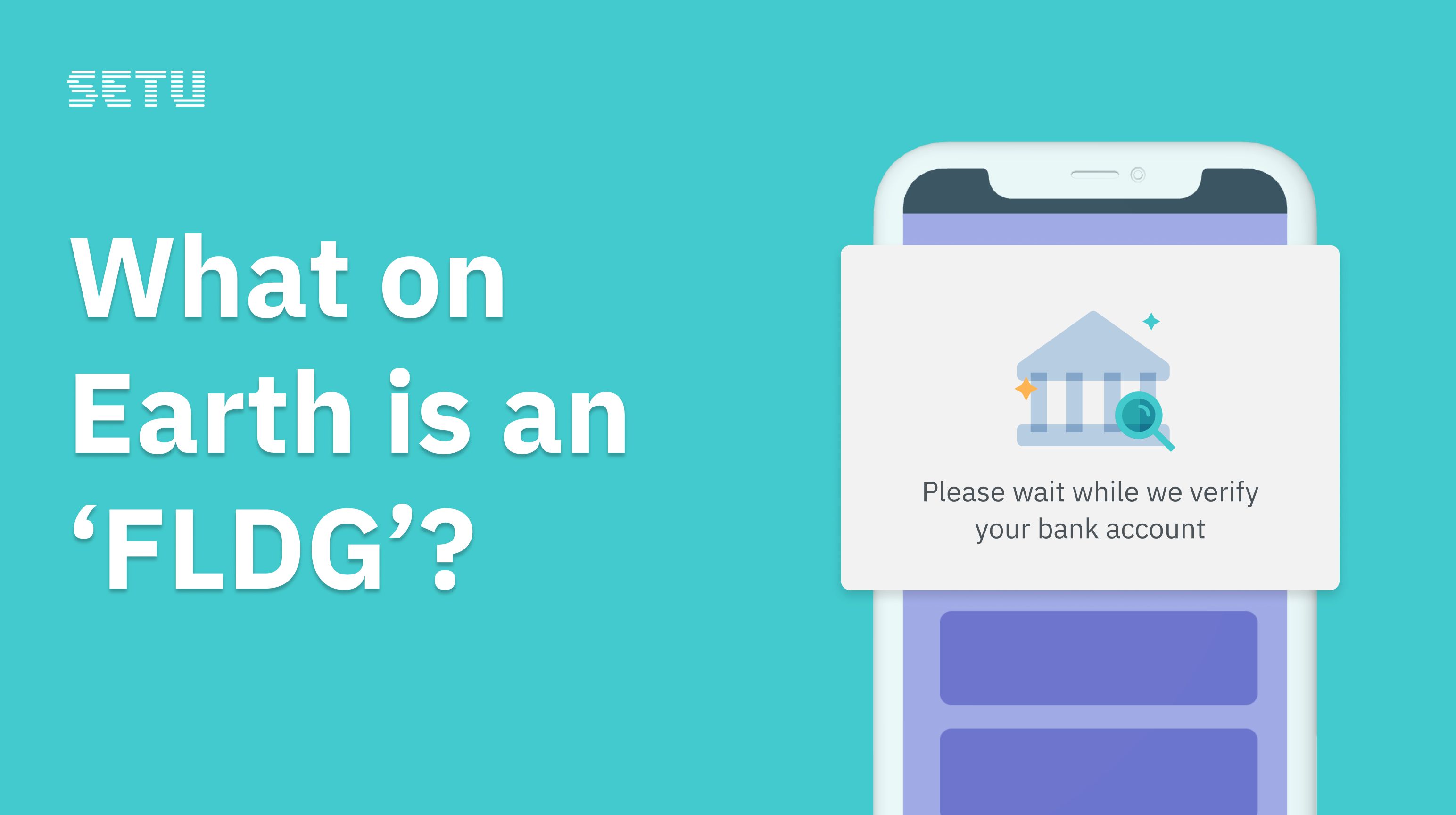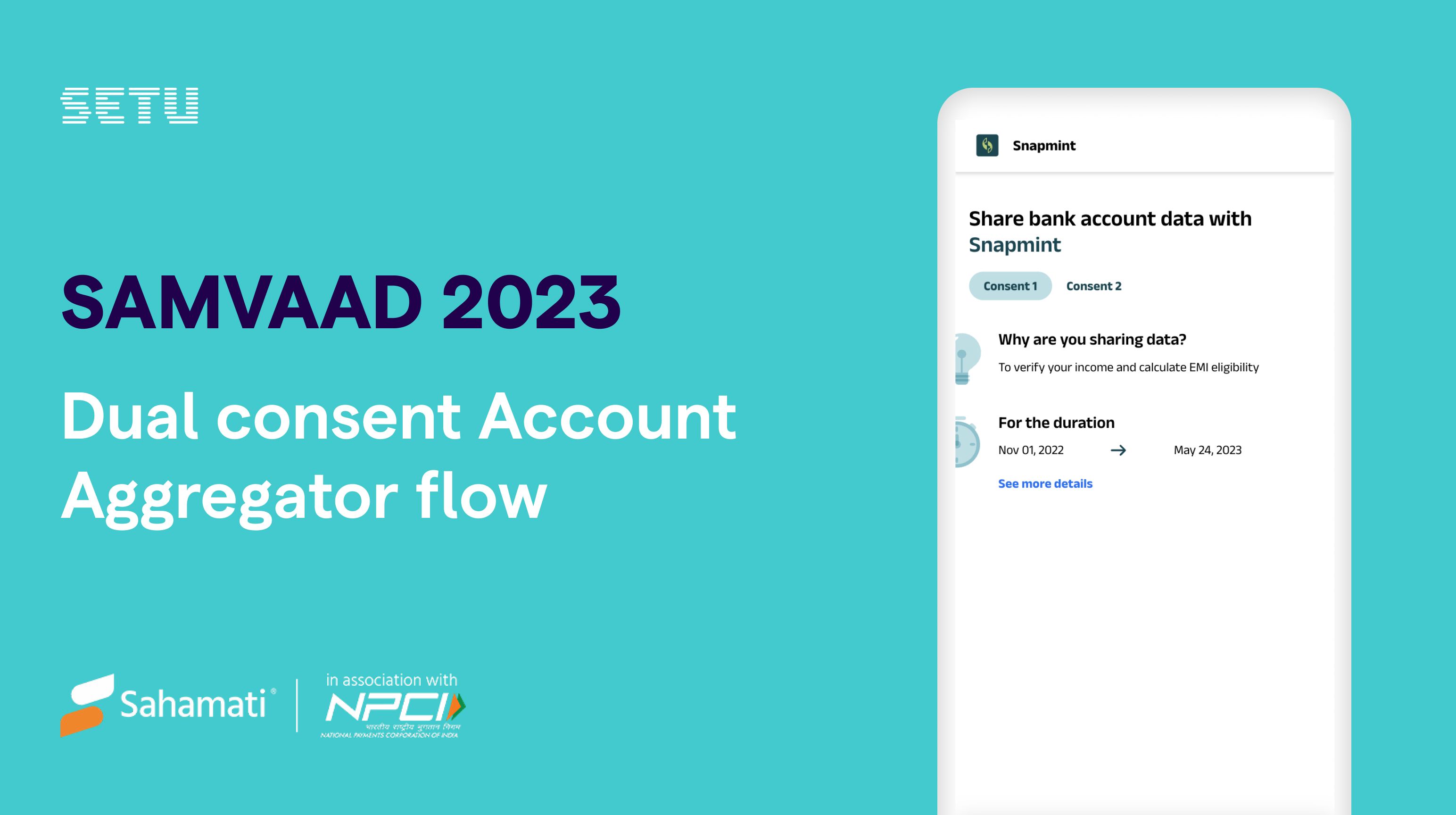Why Aadhaar-based eSign is the most compliant way of signing digital loan agreements?
10 Feb 2023 — PRODUCT

E-signatures or eSigns are a fast and compliant way to approve, verify and certify electronic documents. From a digital lending perspective, eSigns have been made mandatory for all types of loans sanctioned on or after 2nd September 2022 through digital lending flows, even if such flows are through a fintech platform (as a lending service provider or LSP). The following loan documents fall under the list of documents that are required to be digitally signed:
-
Statement of Key Facts
-
Loan product summary
-
Sanction Letter
-
Terms and Conditions
-
Account statements
-
Privacy policy of the LSP/Digital Lending App with respect to the borrower's data.
eSigns have revolutionized the loan process, making it easier and more efficient for borrowers. With the use of eSigns, borrowers can now approve, verify, and certify loan documents electronically, eliminating the need for physical signatures and paper-based document exchange. This streamlines the loan process, saves time, and reduces the likelihood of errors, leading to improved accuracy of loan documents.
Which eSign is compliant with the Digital Lending Guidelines?
In view of the requirement of mandatory eSigns, the next question is the mode in which such signatures are to be made. The IT Act, 2000 recognises the following eSigns as valid:
-
Aadhaar eSign (through any mode)
-
DSC Token eSign (conventional USB based signatures)
-
PAN eSign
-
DocSigner
After the implementation of the Digital Lending Guidelines, other methods of obtaining eSigns, such as clickwrap agreements, have become questionable and unreliable. The general industry consensus is that they go against the intent of the regulation. Clickwrap signatures lack a trail and are not auditable, making it difficult to trace and ascertain the identity of the signer. In order to meet the requirement of sending digitally signed documents to the borrower's verified email or phone number, an eSign consent flow is more practical and efficient than a clickwrap agreement.
What is Setu’s Aadhaar eSign solution and what are its benefits?
Setu’s Aadhaar eSign API is a secure and convenient eSign service provided to electronically sign legally valid documents using Aadhaar number and biometric authentication. It allows individuals to sign documents online without having to physically sign or mail documents, making the process of signing documents faster, more efficient and more secure.
Though there are various ways to get an eSign, our solution happens to be the most hassle-free and legally compliant way to get an eSign. Unlike alternative methods, where an individual would have to go through an arduous identity verification process, our Aadhaar eSign provides the best solution to get the signature remotely without having to go through the tedious process of obtaining hardware tokens, renewing the signature periodically, etc. Any document can be instantly signed by entering the Aadhaar number and OTP. The validity of such a signature is not time-bound and is legally recognised.
Why is Aadhaar eSign the most compliant way to execute loan documents?
-
The ideal solution for regulatory compliance: The IT Act specifies that where any specific law (including regulations by the RBI) mandates that information is to be authenticated through the signature of a person, this requirement would be satisfied if the electronic signature is compliant with the IT Act. ESigns are deemed to be compliant with the IT Act if:
-
Signature creation data can be linked to the signatory
-
Signature creation data is under the control of the signatory at the time of signing;
-
Any alterations to either the signature or information are detectable.
-
Given these requirements, Aadhaar eSign stands out as the most compliant method of obtaining electronic signatures. It is secure, tamper-proof, and backed by the Unique Identification Authority of India (UIDAI).
-
-
Presence of audit trail: An audit trail is a record of all transactions and activities that have taken place in a system or process. In the context of digital documentation in financial institutions, having a virtual audit trail means having a comprehensive and easily accessible record of all transactions and activities related to a loan. This audit trail serves as proof of compliance with the Digital Lending Guidelines, as well as a means of ensuring transparency and accountability in the loan process.
-
Capturing consent: Setu’s Aadhaar eSign consent flow ensures that you will be able to satisfy the criteria for ‘explicit consent’ required under the Digital Lending Guidelines, since it involves the affirmative action of the signatory in providing their Aadhaar details to authenticate their signature.
Ensure that your business is compliant with the Digital Lending Guidelines by using Setu’s Aadhaar eSign solution! Sign up here.




